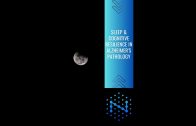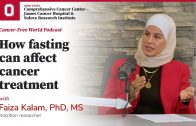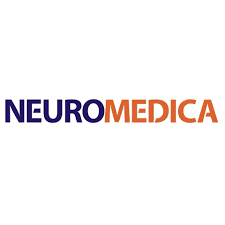Sleep May Be Important For Cognitive Resilience
NREM sleep as a novel protective cognitive reserve factor in the face of Alzheimer’s disease pathology
PMID: 37138290
https://pubmed.ncbi.nlm.nih.gov/37138290/
One of the pathological factors associated with Alzheimer’s disease is amyloid plaques in the brain. However, some individuals with significant plaque burden do have significant cognitive impairment. Cognitive resilience is the ability to retain cognitive ability despite significant pathology. Higher educational attainment, job complexity, and physical activity are positive factors associated with cognitive resilience.
The CDC estimates that over 35% of Americans sleep less than 7 hours a night. Sleep is one of the core principles of lifestyle medicine. Non-REM slow wave deep (NREM SWA) sleep is associated with learning and memory in older adults. The authors of this study sought to test if NREM SWA was related to cognitive resilience in those with Alzheimer’s disease pathology.
The authors found a significant association between NREM SWA and cognitive resilience. In the fully adjusted model, NREM SWA was still significant and had the most robust prediction capability of next-day memory performance compared to years of education and physical activity. NREM SWA appeared to be independent of the other effects and may be an additive factor to other cognitive resilience factors.
I used to suffer from horrible insomnia but began to prioritize sleep once I learned I am an APOE4 (about a 4.5x increased risk of developing Alzheimer’s) carrier. The techniques of sleep hygiene made a tremendous difference in my sleep quality. I also began tracking my sleep with an Oura ring to see how different variables affected my sleep. One of the most impactful was alcohol, and I reduced the amount and frequency of alcohol intake dramatically.
#Godfirst #brainhealth #dementia #sleep #health #shorts


























